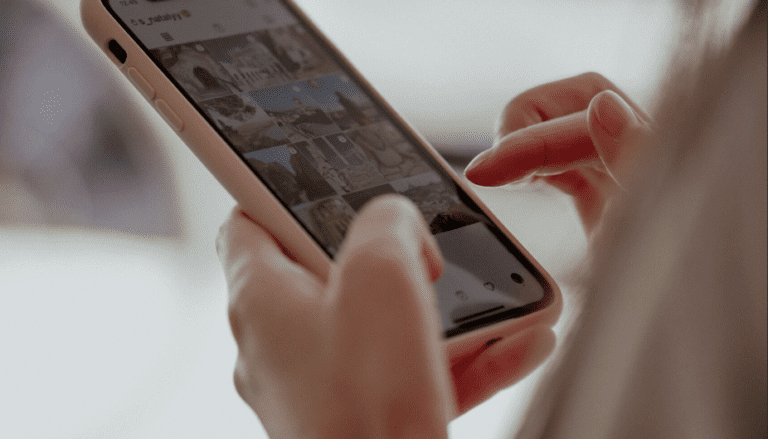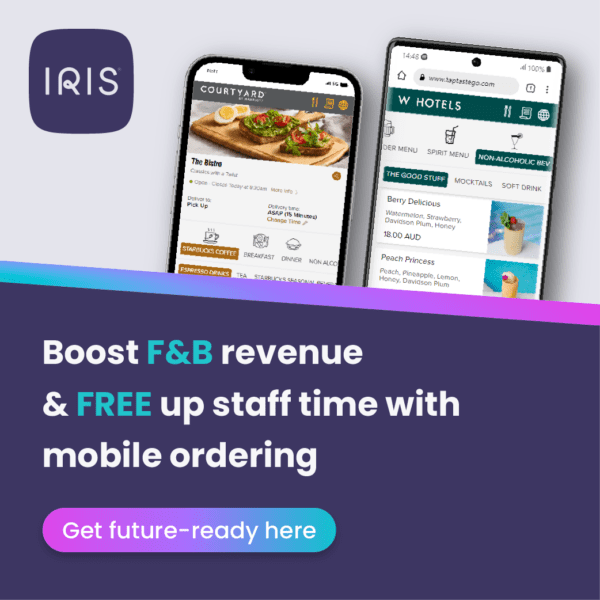 Just a few weeks ago, we thought this would blow over quickly. We never imagined the world would come to a complete halt and we would be confined within the borders of our homes, cities, countries, regions or continents. The most common question we are asked these days is “what role should marketing play for hoteliers during these extraordinary times?” A million-dollar question indeed. Like you, our situation is changing every hour, and is highly unpredictable, so job one is to stay as informed as possible.
Just a few weeks ago, we thought this would blow over quickly. We never imagined the world would come to a complete halt and we would be confined within the borders of our homes, cities, countries, regions or continents. The most common question we are asked these days is “what role should marketing play for hoteliers during these extraordinary times?” A million-dollar question indeed. Like you, our situation is changing every hour, and is highly unpredictable, so job one is to stay as informed as possible.
One thing we do know is that this is not a time for panic. Whether you are the general manager of an independent luxury resort or the director of sales & marketing for a convention hotel, there are prudent steps to minimize the pain, and more importantly, prepare for better days.
The first question you need to answer is how should you be budgeting during this Coronavirus pandemic?
As a general rule, if you can maintain your marketing budget during this time of crisis, then you should do so. Historic data and research have proven time and again that companies which actively market during a time of crisis experience higher sales and net income than those going dark. At minimum, you should not cut more than 50% of your marketing budget. In other words, if you currently spend 10% of gross revenues on marketing, then don’t go below 5%. Note we are talking about gross revenues during good times, as this has to be viewed as an investment spend approach.
Here are recommendations you should consider during this time:
Do a mini-audit of your content assets
A full content audit takes time and expertise, but there is much you can do during this slow period to improve your content performance with a mini audit. If you haven’t kept an inventory of your content assets to date, this is a great time to get started. Look at your content portfolio that might include web, email, blogs, white papers, e-books, presentations, videos, infographics, articles you’ve published externally, etc.
· Evaluate each piece with a critical eye.
· Which high-quality pieces and images can you repurpose for other channels?
· Which pieces received the most social shares? The most backlinks?
· Which got the most traffic on-site?
These may all be opportunities for:
· Updating with fresh content.
· Optimizing with new Call To Actions (CTAs) and keywords.
· Adding internal links to new products/services.
· Re-promoting when business picks up again.
Brand video and photoshoot
Like “social” videos, which we address below, this may be the perfect time to get your brand video and photoshoot completed – you know, the one that we often put off year after year, perhaps because you always felt it would interrupt business or customers. You keep saying you are going to do it. Do it. Now. You can probably get a very good price from videographers and photographers because business has slowed, but you also will be helping them at a time when they need the work.
Interview employees and customers
Use Zoom or Google Hangouts to host and record video calls, as they have time on their hands. Interview your employees and customers about their unique experiences and knowledge of your products, services, and culture. Find out how they plan to “get back into the game.” For example, if you are an independent hotelier, what would make them feel safe to visit? How long will it take them to feel safe to travel, once the crisis is “officially” over? In the coming months, these transcripts and videos will be a rich source of insider info for your blog posts, social content, media releases, and more.
Plan webinars – or make an online FAQ video
Want to answer Frequently Asked Questions (FAQs) about your product or service? Introduce new team members, products, or features to your customer base? Inspire leisure travel bookings or group bookings for later this year? This is an especially effective marketing tactic in B2B, as 91% of professionals say webinars are their favorite content format for learning. If webinars aren’t your thing, then make an FAQ-type video and push it out on YouTube, LinkedIn, and other social/media portals.
Start recording videos today for social media
Like the shoemaker with no shoes, even though all of us realize that videos are a key tool for the marketing toolbox, there is always an excuse why it can’t get done. Well now is the time. Videos are great Search Engine Optimization (SEO) fodder and can form a basis for all types of other content, too.
· Embed the video in a blog post and include the transcript.
· Take screenshots and use them as images in social.
· Take 5-10 quotes from the video transcript and use them alongside images on Instagram in the coming months.
· Reuse those quotes in media releases and upcoming blog posts.
Work on your online reviews strategy
The web is filled with online reviews which companies have not answered. You don’t have to go back and answer each one, but this is a good time to make sure your more recent reviews have a thoughtful response. Create a reviews policy and, if you have a good candidate, train an employee now to manage your online reviews going forward. Write some template responses and go over your brand messaging with them. Coach them on responding to negative reviews and escalating legitimate customer service issues to the right person. Give them the tools they need to monitor reviews and get alerts. Show them what you expect as far as measuring the value of reviews and monthly reporting.
Digital – if you’re not already, get digital going
While it is not new news that having a deep digital footprint in your marketing communications platform is critical to success, during a time of crisis, it is mandatory. Digital marketing has the advantage of being faster, less expensive and more effective than traditional marketing. An email or social media campaign can connect a marketing message to a targeted subset of consumers for a fraction of the cost of a TV ad or print campaign, immediately. Become hyper-segmented with your targets. Consider finding mediums that will allow you to capitalize on underpriced attention. Think outside the box.
Update your “Google My Business” for local customers
Are you operating with special hours? Taking special care to avoid the spread of COVID-19? Let customers know what’s changed. Update your hours and business description, share Google Posts with updates and offers, and make sure your contact information is correct in case people are trying to reach you.
Show your website some love
Like videos and photography, take this time to fix and/or update your website. Perhaps you need a new site altogether. Now is the time. Get yourself ready for your next stage of business.
Yes, consider an outreach strategy
Whether or not reaching out to your customers during a pandemic is appropriate depends entirely on your type of business, your existing relationship with customers, and the purpose of the communication. Are customers used to hearing from you regularly by email, SMS messaging or social media? Don’t let that relationship drop off, but stay away from disaster-related promotions. What you can do is get creative and think of how you can offer reassurance, social connection, or tangible assistance during COVID-19. Consider:
· SEO and online marketing – solid avenues to build connection and trust with people.
· Host an online video space once a week for people to check-in and have a light discussion.
Get to know your customers with a deep dive into your first-party data
Go through your analytics and sales/lead data. What do you know about your customers? What do you know about prospects that didn’t pick you? What is in the analytics data that you have missed in the past — are they on iPhones, all visit from city X? Compare offline and online trends and determine what could you fix today that you have never had time to do. Perspective matters. Focusing on the future and what we can do to prepare for recovery matters. Rather than sit on the sideline and wonder what happened, take a proactive approach. Don’t allow your organization to turn a 2-month crisis into a 6- to 9-month business downturn because you laid low. Now is the time to invest in your company.
About the author
Joe Bouch is the President/CEO of 78Madison, a full-service, Orlando, Florida-based marketing, digital, advertising, public relations and social media agency, which specializes in serving independent hotels and resorts. For more information, visit 78Madison.com, or call (407) 788-7070.

















